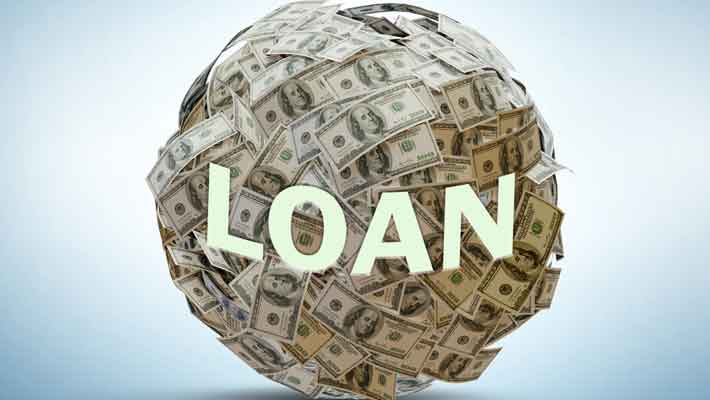Jumbo loans, which are also known as non-conforming loans, are mortgage loans that exceed loan limits set by government-sponsored enterprises (GSEs) such as Fannie Mae and Freddie Mac. These loans are usually obtained for properties that are too costly to be covered by a conventional conforming loan. In 2023, the amount for a conforming loan is capped at $726,200 in most counties.
Jumbo loans are riskier for lenders because these loans cannot be guaranteed by GSEs, meaning that the lender is not protected from losses if a borrower defaults. Hence, the criteria for qualifying for a jumbo loan are stricter, and it may be more difficult for borrowers to qualify for such loans.
Given the larger loan amounts, these loans carry higher risk and hence, these are some of the factors that lenders typically consider when evaluating jumbo loan applicants:
Credit Score
For jumbo loans, lenders usually require a higher credit score as compared to conventional loans.
Debt-to-income Ratio
Lenders will assess a borrower’s debt-to-income (DTI) ratio, which is the percentage of gross monthly income that goes towards their monthly debt payments. A lower DTI ratio would indicate a borrower’s ability to manage their debts and take on additional financial obligations. Some lenders have imposed a cap of 45% DTI ratio for jumbo loans.
Down Payment
Jumbo loans often require a higher down payment than conventional loans. A larger down payment reduces the lender’s risk and can improve the borrower’s chances of approval. The percentage varies depending on the lender, but a 20% down payment could typically be expected. According to the Consumer Financial Protection Bureau, jumbo loans can go up to as high as $1 million to $2 million. This would mean that a minimum down payment could be between $200,000 to $400,000.
Cash Reserves
Lenders may require borrowers to have a certain amount of reserves or liquid assets available for a jumbo loan approval. Jumbo loans are more likely to be approved for borrowers if they have sufficient cash in the bank. This is to ensure that borrowers can have adequate cash reserves on hand to safeguard against unexpected expenses or financial emergencies. Lenders of jumbo loans may expect to see proof of a few months of cash or liquid assets.
Property Appraisal
Lenders will assess the value of the property that the borrower wishes to be financed through a professional appraisal to ensure that it aligns with the loan amount requested. As the property serves as a collateral for the lender in case the borrower defaults, the lender would want to ensure that the loan is not too large compared to the property’s value.
The requirements to qualify for a jumbo loan may vary between different lenders. Hence, borrowers should consult multiple lenders to compare their specific criteria, terms and loan rates. It is important for potential borrowers to carefully consider and evaluate the terms of any jumbo loan and to consider personal financial circumstances before taking on the loan.




